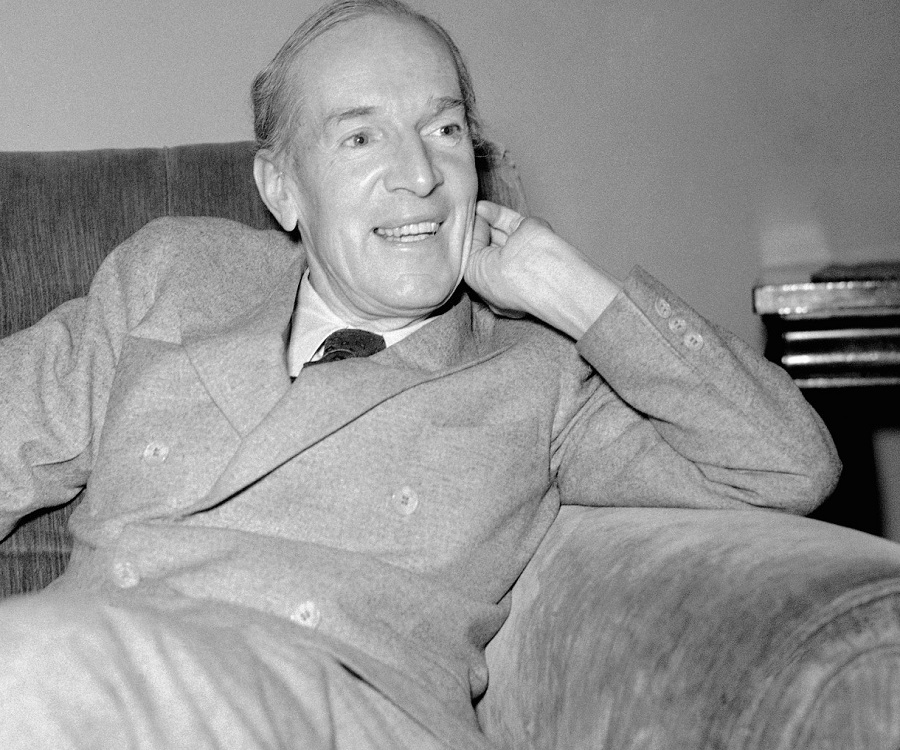
“What Upton Sinclair accomplished the year that Adolf Hitler became the Fuehrer of Germany should inspire everyone around the world.” — Annapurna Tosca Sriramarcel
“Twenty-four EPIC candidates, among them a Los Angeles Lawyer named Culbert Olson, took their seats in the state legislature, and, four years later, Olson, the leader of the state’s EPIC caucus, was elected governor.” — Jill Lepore, delineating one of the historic impacts of Upton Sinclair’s failed 1934 run for governor in a New Yorker article, “The Lie Factory.”
“I Governor of California, and How I Ended Poverty,” by Upton_Sinclair, is probably the most instructive and incredible piece of campaign literature ever written. Instead of the usual empty nonsense, Sinclair, the author of forty-seven books, including, most famously, “The Jungle,” wrote a work of fiction. “I, Governor of California,” published in 1933, announced Sinclair’s gubernatorial bid in the form of a history of the future, in which Sinclair is elected governor in 1934, and by 1938 has eradicated poverty. “So far as I know,” the author remarked, “this is the first time an historian has set out to make history true.”
It was only sixty-four pages, but it sold a hundred and fifty thousand copies in four months. Chapter 1 “On an evening in August, 1933, there took place a conference attended by five members of the County Central Committee of the Democratic party, Sixtieth Assembly District of the State of California,” That might not sound like a page-turner, unless you know that at the time California was a one-party state: in 1931, almost all of the hundred and twenty seats in the state legislature were held by Republicans, not a single Democrat held a statewide office. Also useful to recall: the unemployment rate in the state was twenty-nine per cent. Back to that meeting in August, 1933: “The purpose was to consider with Upton Sinclair the possibility of his registering as a Democrat and becoming the candidate of the party for Governor of California.” What if Sinclair, a life-long socialist, ran as a Democrat? That’s one nifty plot twist, and it sold like hotcakes.
Sinclair adopted an acronymic campaign slogan, “END POVERTY IN CALIFORNIA” (“It was pointed out that the initials of these words spell EPIC'”); picks a campaign emblem, passing over the eagle and the hawk (“I personally can get up no enthusiasm for any bird of prey,” the candidate says) in favor of the busy bee (“she not only works hard but has means to defend herself”); explains a program of cooperative factories and farms that would implement his philosophy of “production for use” rather than for profit; proposes killing the sales tax while levying something like a thirty-per-cent income tax on anyone earning more than fifty thousand dollars a year; and promises not only to raise hell but also, preposterously, to win.
It was a shock to pretty much everyone that, in August of 1934, Sinclair won the Democratic nomination with more votes than any primary candidate in California had ever won before. That happens in the novel too, which is what made reading it so thrilling (or, for many people, so terrifying): watching what Sinclair imagined coming to pass. Chapter 4: “The news that the Democratic voters of California had committed their party to the EPIC plan caused a sensation throughout the country.” True! “It resulted in wide discussion of the plan in magazines, and the formation of an EPIC Committee for the Nation.” Sort of! “A statement endorsing Sinclair for Governor was signed by a hundred leading writers, and college groups were formed everywhere throughout the country to recommend the plan for their cities and states. A group of forward-looking economists endorsed the plan, and letters of support were received from a score of United States senators and some fifty congressmen.” [Pause.] O.K., that part never happened.
In 1934, Sinclair explained what did happen that election year in a nonfiction sequel called “I, Candidate for Governor, and How I Got Licked.” Anyone who wants to know the instructive details respecting his falling short can contact me; truly, the specifics should be of great interest to anyone concerned with electoral politics from any angle these days. [Pause.] But although Sinclair’s predictions did not pan out, a great many EPIC candidates got elected, as Democrats. And California did become a two-party state. By any standards, Sinclair had pulled off a watershed in history.
I am writing this piece because I have a story to tell also, one which projects how an authentic Independent candidate for the gubernatorial office in the Golden State can secure the reins of power held by the state’s top executive, and thereby send positive ripples nationwide, and even worldwide in short order.
Powerful moguls in the motion picture and media industries were, partly, behind the electoral downfall of Sinclair. But where he didn’t have the means to battle with such influential movers and shakers, I can assure the reader that there is now a way to circumvent their clutches, and provide the necessary crutches to get the general public to get behind their own enlightened self-interest… to put someone into the Sacred Seat of Sacramento who is as healthy in heart, head and soul as Upton Sinclair was.
The entire history of the United States of Amnesia could have been different if he had had his way on the state level (above and beyond what he did). There’s plenty of reason — even in these seemingly apocalyptic times — to believe that a similar scenario could unfold in the next few years. An even greater watershed in history.
Richard Martin Oxman put this article together with the invaluable help of Jill Lepore, whose work on how politics became a business was plagiarized to some degree here. He can be reached at [email protected].









































